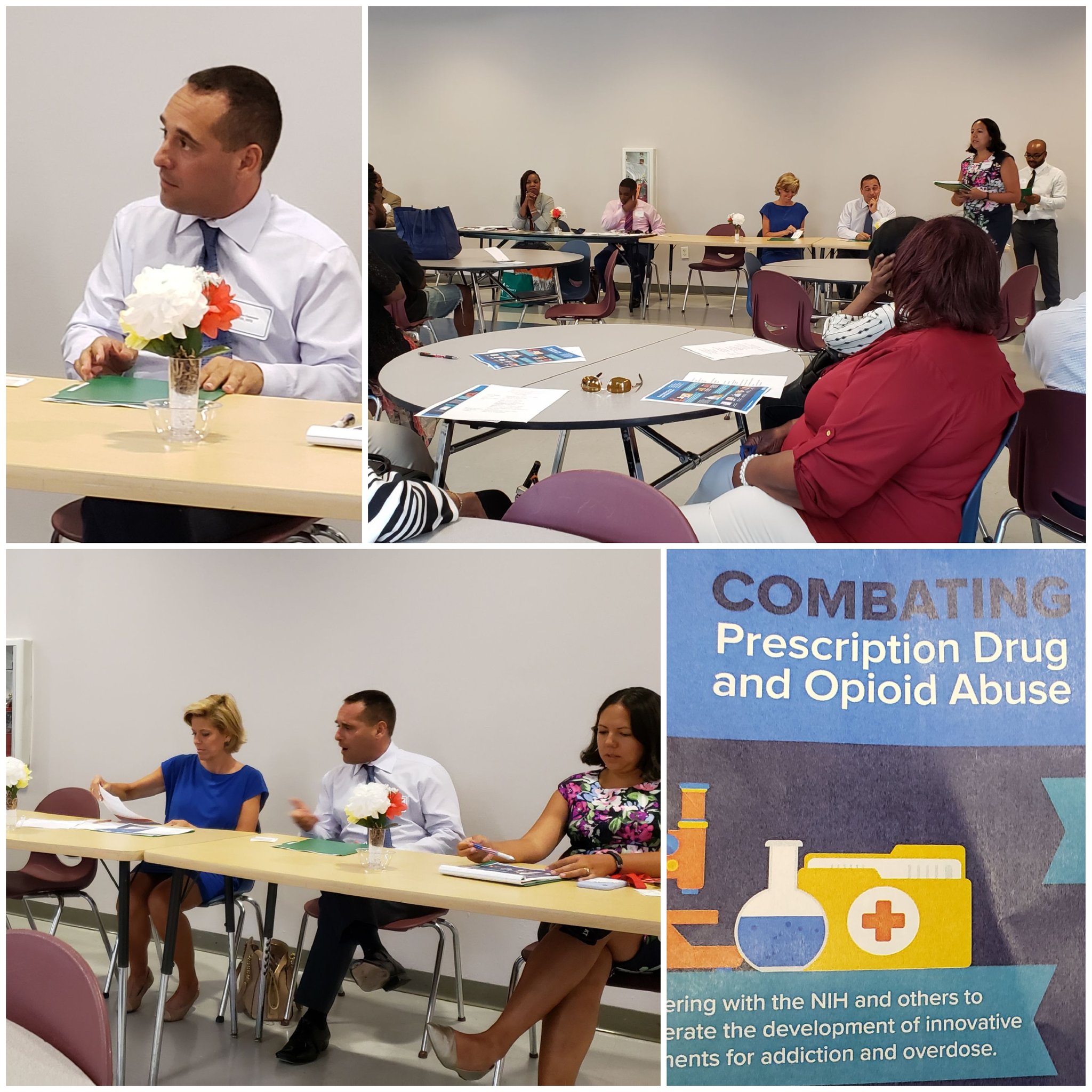Opioid Policies

Much like the rest of the United States, residents of the District of Columbia are struggling with substance use disorder (SUD) rate increases and high rates of opioid-related deaths. Unfortunately, these are multi-faceted issues that require year-long initiatives and systematic programs to address the myriad causes of addiction.
MSDC stands as a partner to the District government and private entities to help arrest the rates of opioid and substance abuse in the District. Through our advocacy for better prescribing practices, education on addiction, and even helping our own community through our Physician Health Program, MSDC is working to make DC a leader in reducing SUD, OUD, and addiction.
On a related note, MSDC is passionate about helping patients make prescriptions and medication more affordable. Whether expanding access to biosimilars or advocating for more affordable co-pays, MSDC wants to help our patients afford the medications they need.
MSDC Statement and Testimony on Opioid and Prescription Issues
25th Council information coming soon
What Wins The Physician Community Got in the HORA Revision Bill
MSDC, the Physician Voices for Patient Safety Coalition, and the DC "house of medicine" have been working tirelessly since November to remove concerning provisions from B25-545. The bill updates the Health Occupations and Regulations Act, better known as the DC law overseeing health licensing and regulation. The bill contained numerous scope of practice expansions for numerous allied health professionals, plus made worrying changes to the make-up of the Board of Medicine. Yesterday, the Council passed the bill on its final reading.
MSDC and the coalition met with Councilmembers, sent letters, rallied our memberships, and spoke up about many of the changes and why removing physicians from the center of the care team would be dangerous to DC healthcare. While we did not win every request, below are some of the major wins you, your medical society, and the physician coalition had in the bill:
- Originally, the Board of Medicine would be composed of many fewer physicians and add up to four allied health providers as voting members, essentially equating physicians with other allied health professions on the oversight Board. The bill as passed changed to only add 2 physician assistants as voting members while only reducing the physician seats by one, maintaining a physician majority on the Board.
- Podiatrists in the original bill would have seen major scope expansion, including the ability to treat wrists and soft tissue in the hand, soft tissue from the ankle to the knee, and oversee the administration of anesthesia. The bill as passed removes this and only allows podiatrists to administer local anesthesia.
- Optometrists would have seen major scope expansion, including prescribing authority, treatment of medical conditions, and more. All optometrist scope expansions were removed.
- The bill originally required laboratory technicians to be licensed for the first time. That requirement - opposed by MSDC, the Hospital Association, and Pathologists - was removed.
- Athletic trainers and physical therapists would have been classified as medical providers and had certain tests and treatments permitted unsupervised. These were reduced in the final bill and DC Health given more regulatory oversight over the professions.
This legislation was a major effort by the physician community, and this plus the new prior auth law shows the power of the physician voice in DC.
Yet the work is never done. Join us June 17 for Council Visit Day to meet Councilmembers and their staff, and speak to the Council on important medical issues before the Council (like the gun violence mandatory CME legislation).
Sample of Legislation MSDC Tracked on Opioid and Prescription Policy
What does it do? The bill authorizes licensed pahrmacists to dispense interchangeable biological products and requires notifications to physicians when such interchangeables are dispensed.
MSDC position: MSDC has a position of priority support on this legislation, identifying its passage as one of its highest legislative priorities.
Current status: SUCCESS. The bill was passed by the Council and signed by the Mayor.
What does it do? The bill requires prescription opioid medications to include a statement that the drug is an opioid and opioids may cause dependence, addiction, or overdoes.
MSDC position: MSDC supports the legislation.
Current status: The bill had a hearing before the Committee on Health on July 29, 2020. MSDC leader Dr. Sam Kareff testified for the Medical Society. It passed the Council on November 10 and was signed by the Mayor December 7.
What does it do? The bill prohibits insurance companies from factoring the use of PreP in decisions related to disability, life, or long-term care policies.
MSDC position: MSDC supports this legislation
Current status: The bill was introduced on January 8, 2019 and assigned to the Committee on Business and Economic Development.
